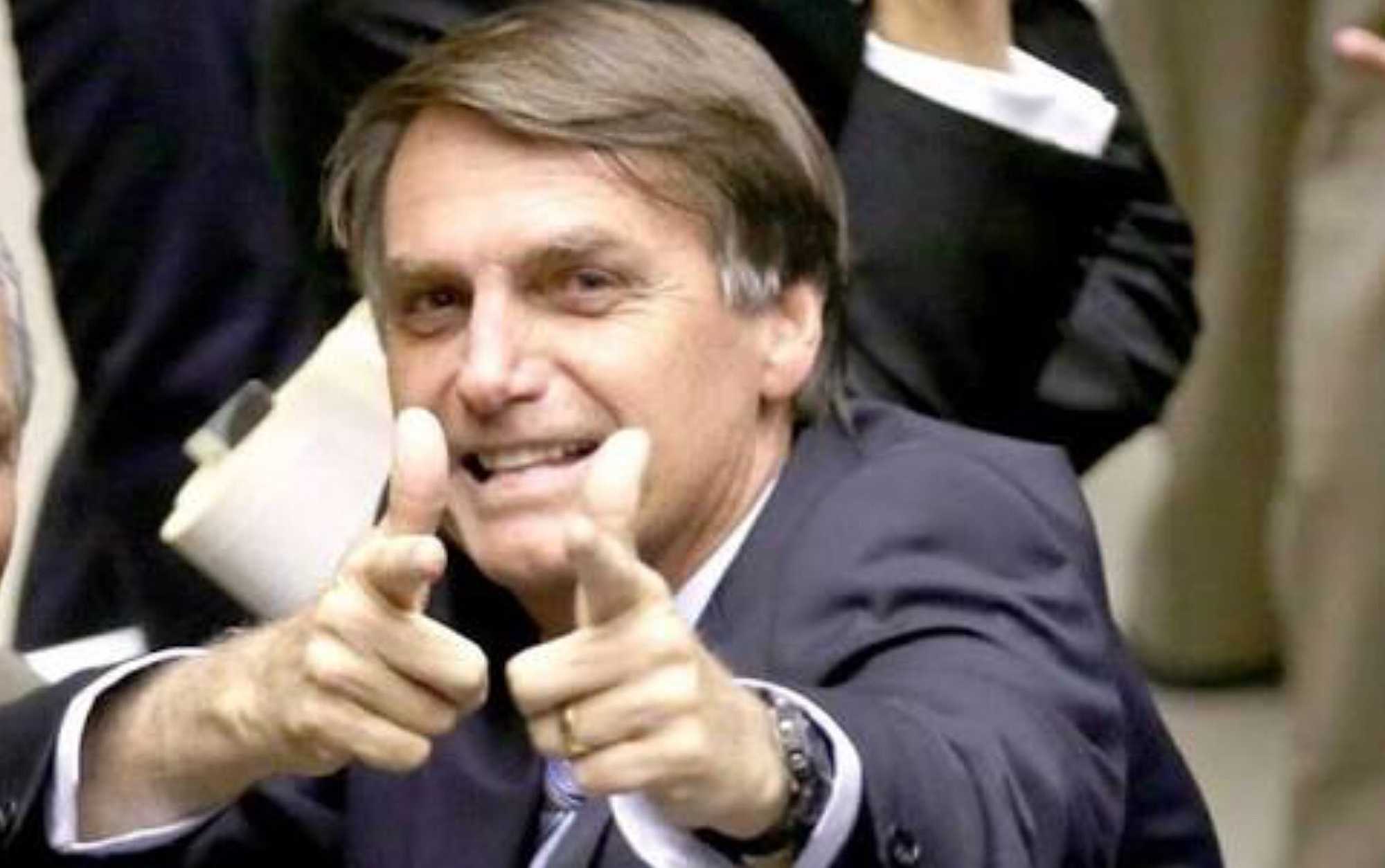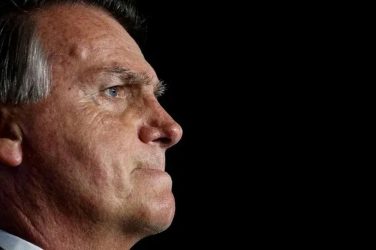‘Jair Bolsonaro (without a party)’ is how the press refers to the Brazilian president since November 2019 to indicate that he currently has no party affiliation. The ‘without a party’, even if in parentheses, causes a sense of unease among supporters of the democratic party structure. And it materializes an ideological project that has set in motion a series of coordinated setbacks.
Jair Bolsonaro is without a party like the backward program ‘School without Party’. Jair Bolsonaro is without a party like the demonstrators who chanted ‘no political parties, no political flags’ in the 2013 mass protests known as ‘June Journeys’. And finally, he is without a party like the military regime of 1964-1985, which banned multipartyism.
It is important to understand the dangers of having a president without a party. In fact, it is important to understand the ‘Bolsonaro without a party’ as a symptom of the weakening of democracy: that of the vilification of politics – a stance that helped Bolsonaro get elected in a context of increasing depoliticization.
Bolsonaro’s nonpartisanism threatens Brazil’s democratic institutions.
Almost ten months ‘without a party’, Bolsonaro left the Social Liberal Party (PSL) in November 2019. On the occasion, amid confrontations and aggressive statements, he announced that he would create his own party – ‘Alliance for Brazil’. He chose 38 as the party’s identification number, like the firearm loved by his base.
The party was launched in the best style of fanatical campaign, typical of the bolsonarista populism, though little is said today about the prospects of the Alliance for Brazil. And Bolsonaro (deliberately?) remains a president without a party. As he has already made clear, he disagrees with the democratic party structure and, furthermore, with democracy itself.
Liberal Illusion
In addition to an alignment with a certain political ideology, this nonpartisanism happens in the context of a depoliticization strategy, which began even before Bolsonaro’s presidential victory. As researcher and sociologist Sabrina Fernandes points out, post-politics creates an illusion that politics at its best is done without politicians.
There is then a reduction in the political space and, with it, the space for discussion. Post-politics suggests impartiality, disguised as pragmatism and ethics. It pretends to be unbiased when there is indeed a clear preference for one side. According to Fernandes, post-politics is a liberal illusion that politics can exist without politicians.
Depoliticization grows alongside the crisis of representation or disillusionment with politics. It is, therefore, worth returning to the ‘Escola sem Partido’ (School without Party) project, a political movement that pledges to stamp out the so-called ideological indoctrination from the classroom and was instrumentalized by the Bolsonaro campaign to preach the ‘de-leftization’ of schools.
School without Party emerged in 2004 but gained strength especially after 2013, driven by the organized conservative right in Brazil. Despite declaring itself nonpartisan and without ideology, it promoted clear conservative values. For example, it sought to ban discussion on topics related to gender and sexuality in schools – considered, within the project, as partisan topics.
Along with School without Party, other conservative social movements also gained strength in 2013, during the ‘June Journeys’ demonstrations. Popular at the time, slogans such as ‘no political party’, ‘no political flag’ and the infamous ‘neither left, nor right, forward!’ masked how the protests were being instrumentalized by neoliberal and conservative movements.
By continuing to govern ‘without a party’, Bolsonaro shows an attitude of direct affront to Brazil’s historic democratic struggle and to political rights as components of citizenship
In this sense, these popular chants promoted depoliticization by villainizing the party system and politics. Political projects, such as Bolsonaro’s, began to be envisaged in 2013, fueling anti-party, anti-politics and anti-Workers’ Party rhetoric.
Unlike School without Party and the June Journeys, Bolsonaro’s ‘without a party’ in parentheses makes no effort to disguise his conservatism, as he openly embraces far-right rhetoric. The danger, then, lies in the villainization of the party structure, the denial of the importance of political parties and, thus, of the democratic party system.
One of the greatest legacies of Brazilian re-democratization was the establishment of a multiparty system in the federal constitution, given that in times of authoritarian violence, party autonomy was denied. As the Brazilian Superior Electoral Court itself recognizes:
“In our historical experience, the notions of political parties and democracy (…) are closely linked, since the dissemination promoted by parties of various philosophical and political doctrines existing in the world has fostered debate and the search for solutions to the various evils that afflict our society, favoring the formation of public opinion on the main issues in the country and the maturing of the voter for the exercise of citizenship.”
Since his days as a congressman, Bolsonaro has openly flirted with authoritarianism – whether through necropolitical views, his defense of torturers, or direct interference in the government. However, by continuing to rule ‘without a party’, he embraces an attitude of direct affront to Brazil’s historic democratic struggle and to political rights as components of citizenship.
A president without a party reduces the role of political mobilization and fosters depoliticization and anti-politics among his supports, all the while celebrating the erosion of the very democratic structures that brought him to power.
This article appeared originally in Open Democracy – https://www.opendemocracy.net/












